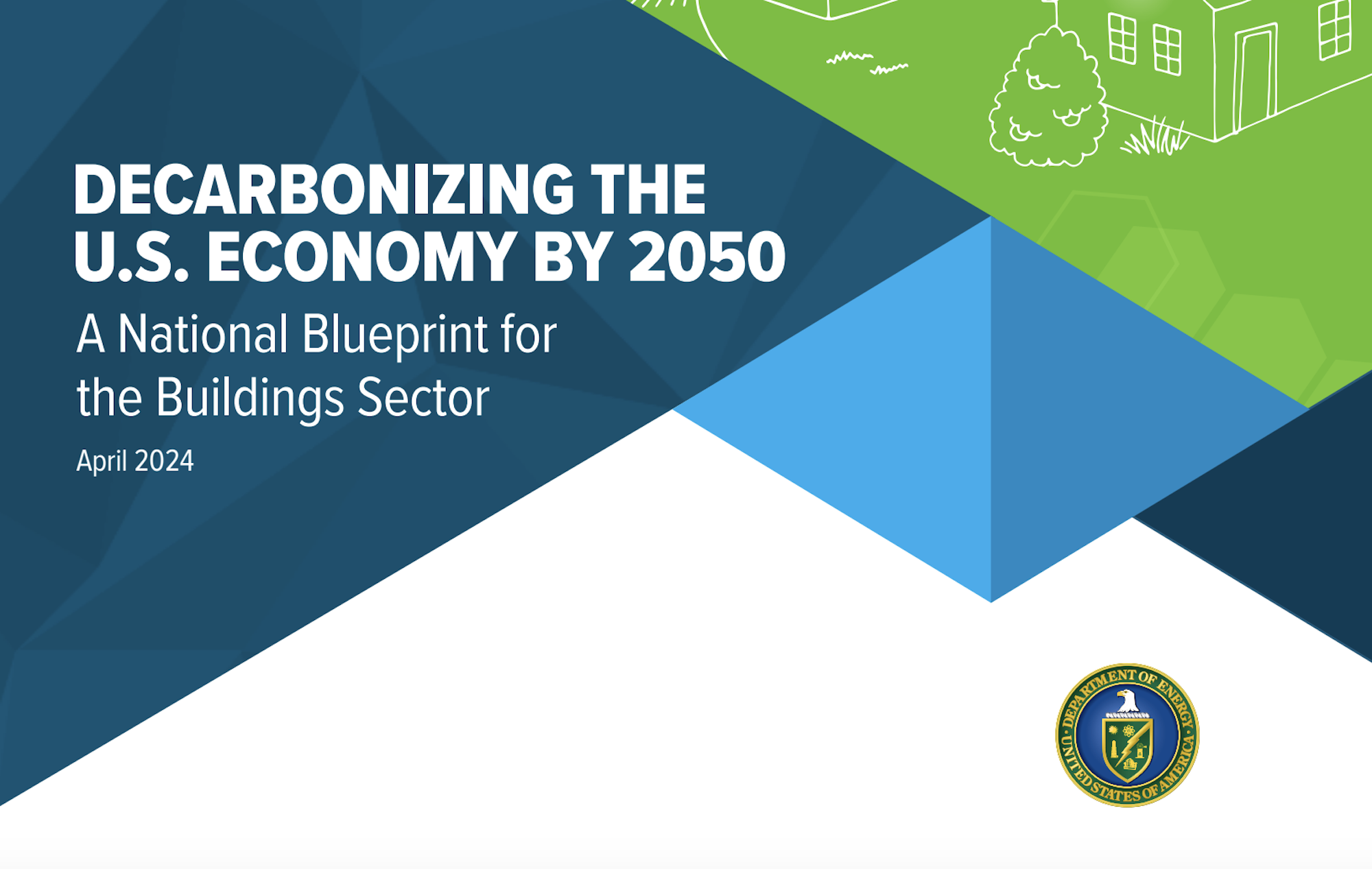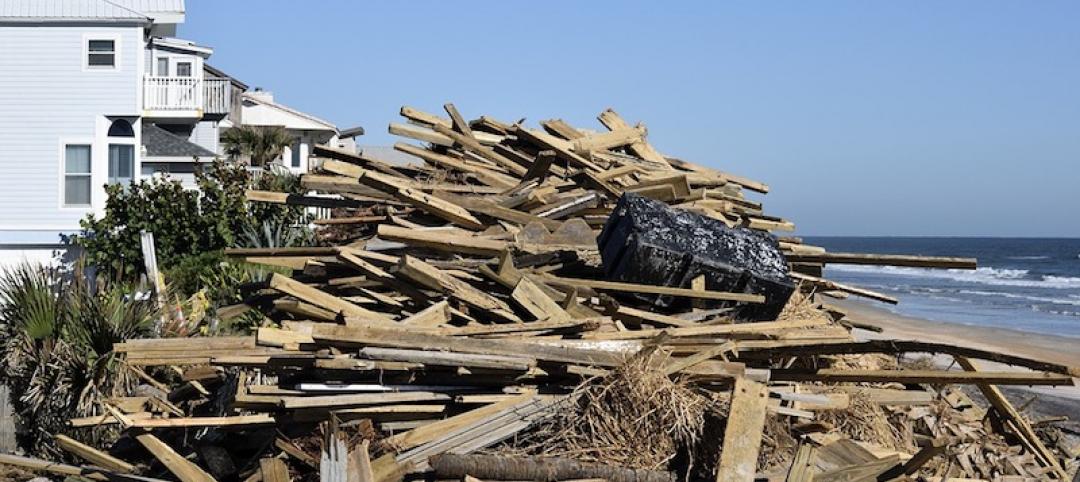The Biden Administration recently released “Decarbonizing the U.S. Economy by 2050: A National Blueprint for the Buildings Sector,” a comprehensive plan to reduce greenhouse-gas (GHG) emissions from buildings by 65% by 2035 and 90% by 2050.
The Blueprint is the first sector-wide strategy for building decarbonization developed by the federal government. It outlines ways to reduce energy in homes, schools, and workplaces.
To reach the emissions reduction targets for the buildings sector, the Blueprint sets four strategic objectives:
• Increasing building energy efficiency
• Accelerating onsite emissions reductions
• Transforming the interactions between buildings and the electricity grid
• Minimizing the emissions from producing, transporting, installing, and disposing of building materials
Each objective has specific performance targets and market, policy, and technology milestones to reach by 2035 and 2050. Meeting these targets will require accelerated deployment of a wide range of decarbonization and energy efficiency technologies. The Blueprint outlines coordinated federal actions that can increase the speed and scale of solutions deployments. Those actions include funding research and development to develop lower-cost technologies, expanding markets for low-carbon technologies, providing direct funding and financing, and supporting the development and implementation of emissions-reducing building codes and appliance standards.
The Department of Energy, a key player in the administration’s decarbonization drive, is focused on building innovations in three pivotal areas: building upgrades, efficient electrification, and smart controls.
Related Stories
Codes and Standards | Jan 29, 2019
Registration now open for LEED v4.1 for New Construction and Interior Spaces
Emphasizes human health and integrative building design.
Codes and Standards | Jan 25, 2019
AEC professionals should push for net zero projects
Educate and lead clients to more sustainable choices, says LEED fellow.
Codes and Standards | Jan 24, 2019
OSHA unaffected by federal government shutdown
Agency fully funded for first nine months of 2019.
Codes and Standards | Jan 23, 2019
Hackers can easily take control of construction cranes
Potential for serious harm is real, say researchers.
Codes and Standards | Jan 22, 2019
Initiative will introduce open-source software for commercial and public building retrofits
Energy analysis tool will identify energy efficiency opportunities.
Codes and Standards | Jan 18, 2019
Texas city sues developer over changes in $1 billion mixed-use project
Revised plan eliminated 8-acre lagoon, trolley, show fountain, and reduced retail space.
Codes and Standards | Jan 17, 2019
First resilience benchmarks for U.S. communities released
Provides way to evaluate current state of resilience and guidance for areas of improvement.
Codes and Standards | Jan 16, 2019
California mass timber building competition kicks off January 15
Competition will award $500,000 in grants to teams who design innovative buildings.
Codes and Standards | Jan 15, 2019
Hazard mitigation provisions in codes save lives and protect property
New NIBS study finds that adopting 2018 Intl. Codes generate $11 benefit for every $1 invested.
Codes and Standards | Jan 10, 2019
Ontario building first to achieve zero-carbon designation by Canada GBC
Geothermal heating, living wall among notable features.
















